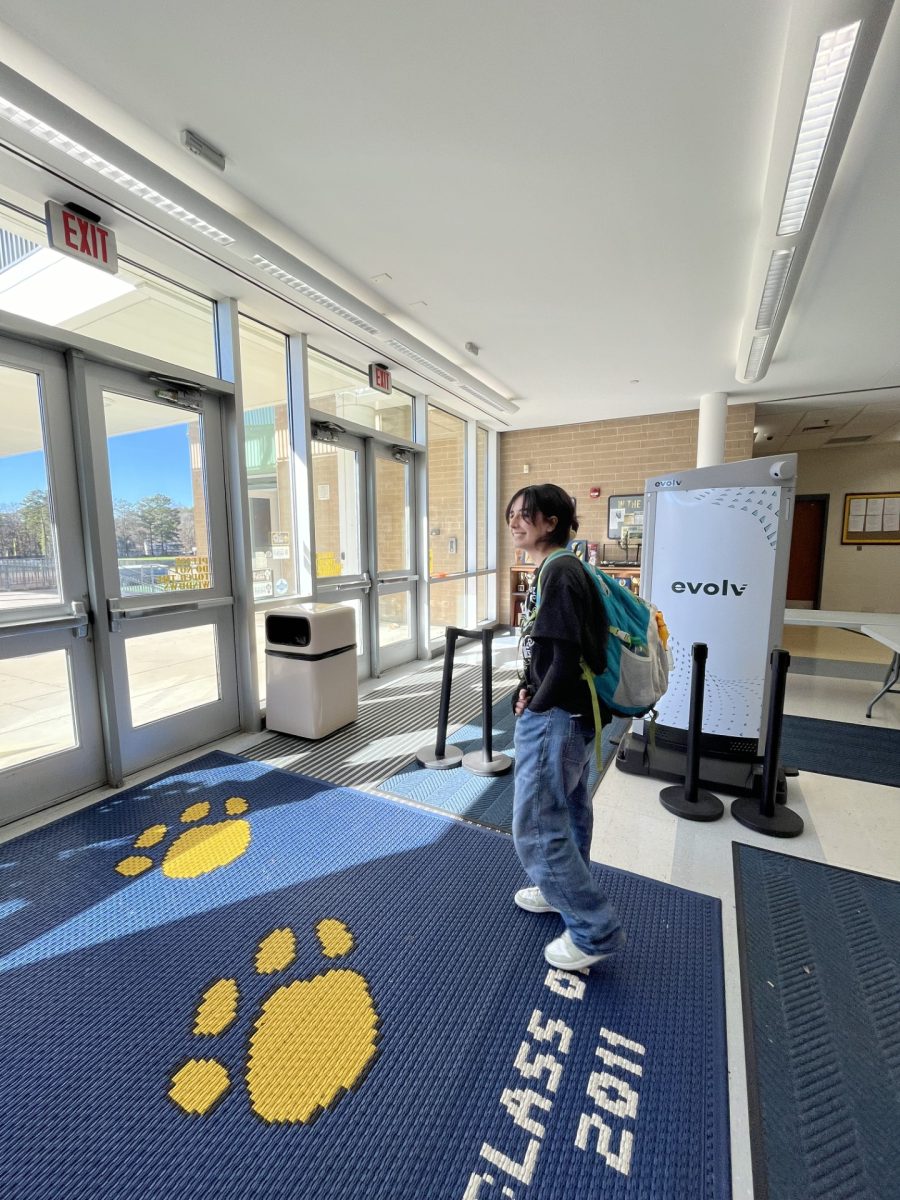Back in 2003, Chamblee High School switched to a seven-period school day. From eight in the morning to three in the afternoon, students are restricted to this cold building, in a class lit with extremely pale white lights, and a yellow painted wall. From your internet access to what you wear, many aspects of your day-to-day life are monitored by teachers and administrators. Some students have decided enough is enough and enrolled in alternative learning schedules.
“At first, I liked work-based learning because I could work longer shifts. But now, I like it because I don’t get to be at school. When I don’t have to go to work, I can just go home and relax,” said Luna Rodriguez (‘24).
For many students, a flexible schedule is a much-needed welcome after years of a tight schedule. The new block period system placed on the school this year has been judged for being too long and unsuccessful in getting kids to concentrate.
“I feel like I have more freedom, and I’m barely at school anymore, especially with the block schedule now. On Thursdays, where it’s only an even number of periods, I only have period six, so I go for just one class at 1:45 pm,” said dual enrollment student, Khadidja Lo (‘24).
Every student can struggle with time management. They’re hit with assignment deadlines from their teachers, from their professors, from colleges, from their parents, from extracurricular pursuits. Yet, mastering the art of time management is necessary for growing up and being able to function effectively in adulthood.
“Schedules in colleges are more like the dual enrollment schedule. It helps you learn how to use your time correctly instead of having it segmented by the school. I think my time management has become better. I use my time at home to do my work instead of doing it the period before it’s due,” said William Starling (‘24).
Though high school students yearn for independence and the ability to use their time as they please, it comes with possible negative effects. Or is it natural and inevitable through the journey of adulthood as one learns to manage their time?








